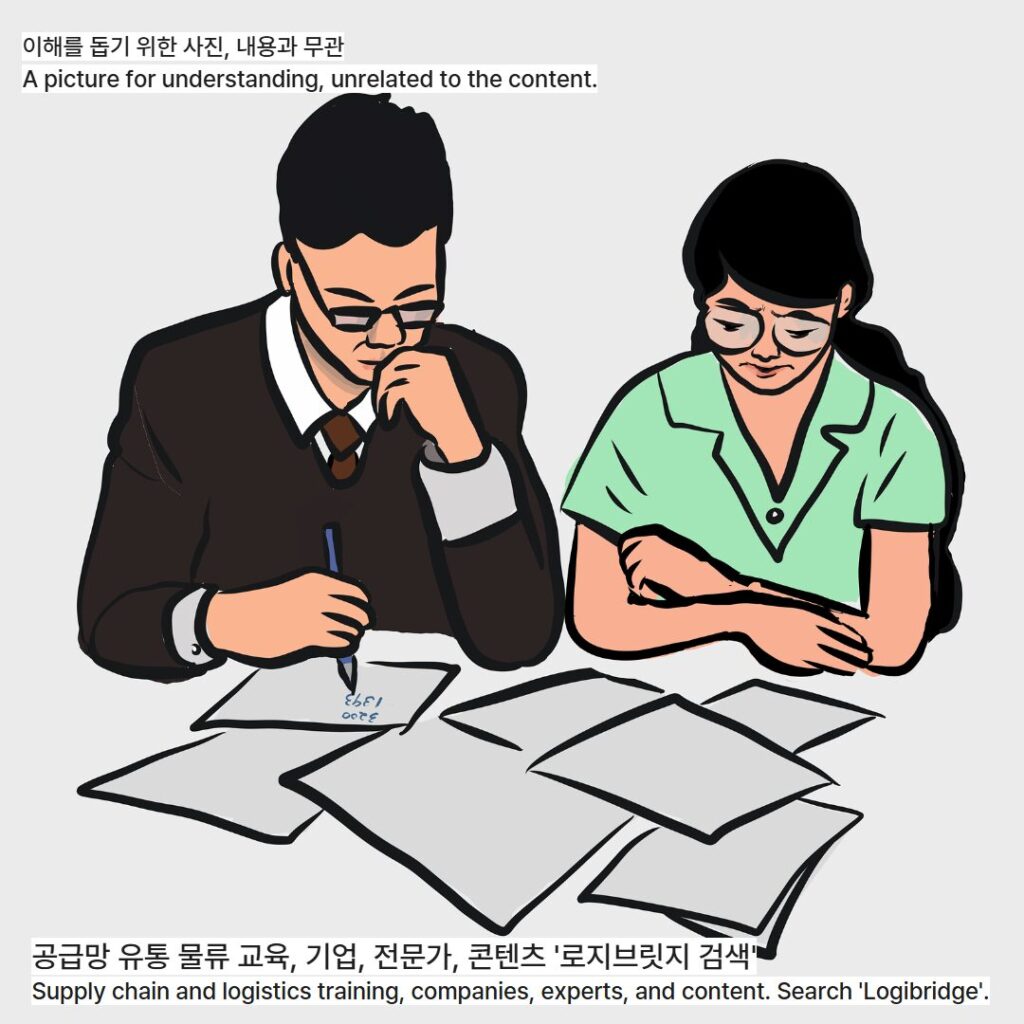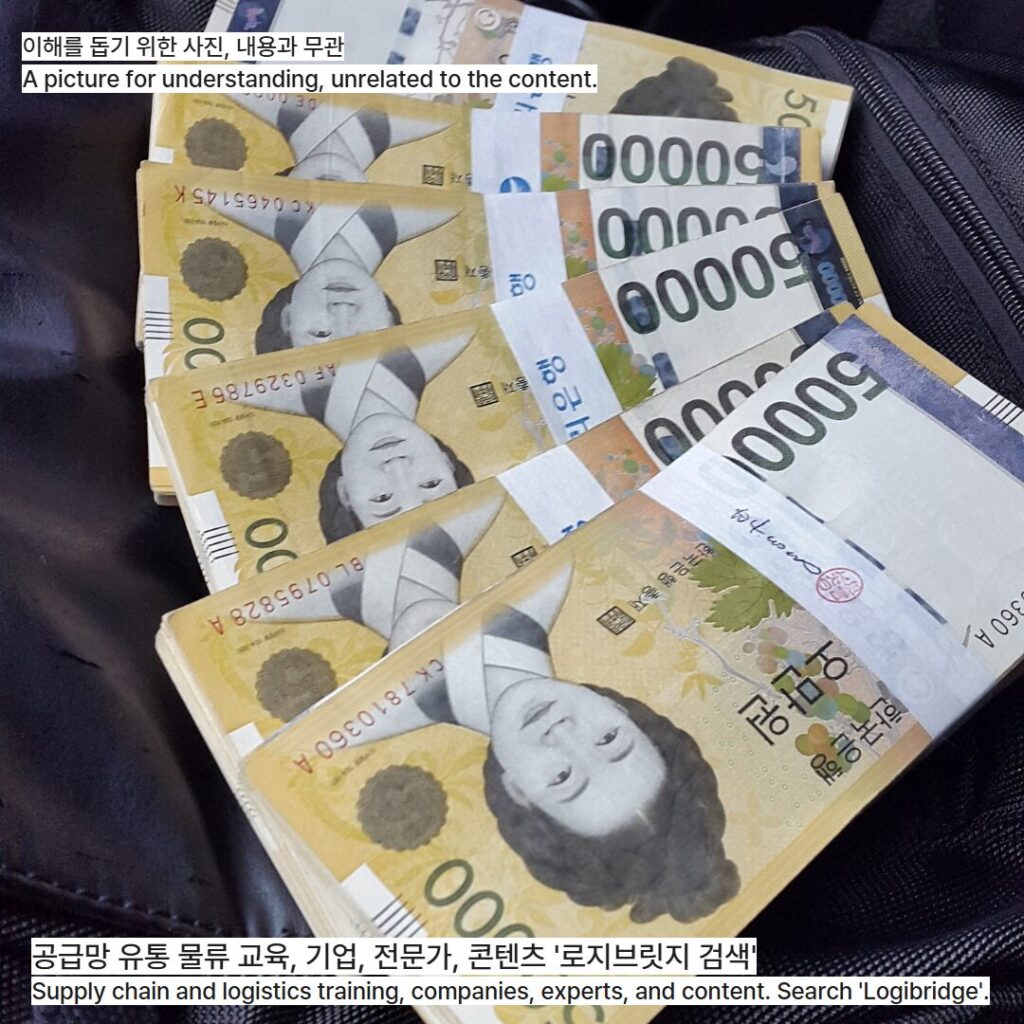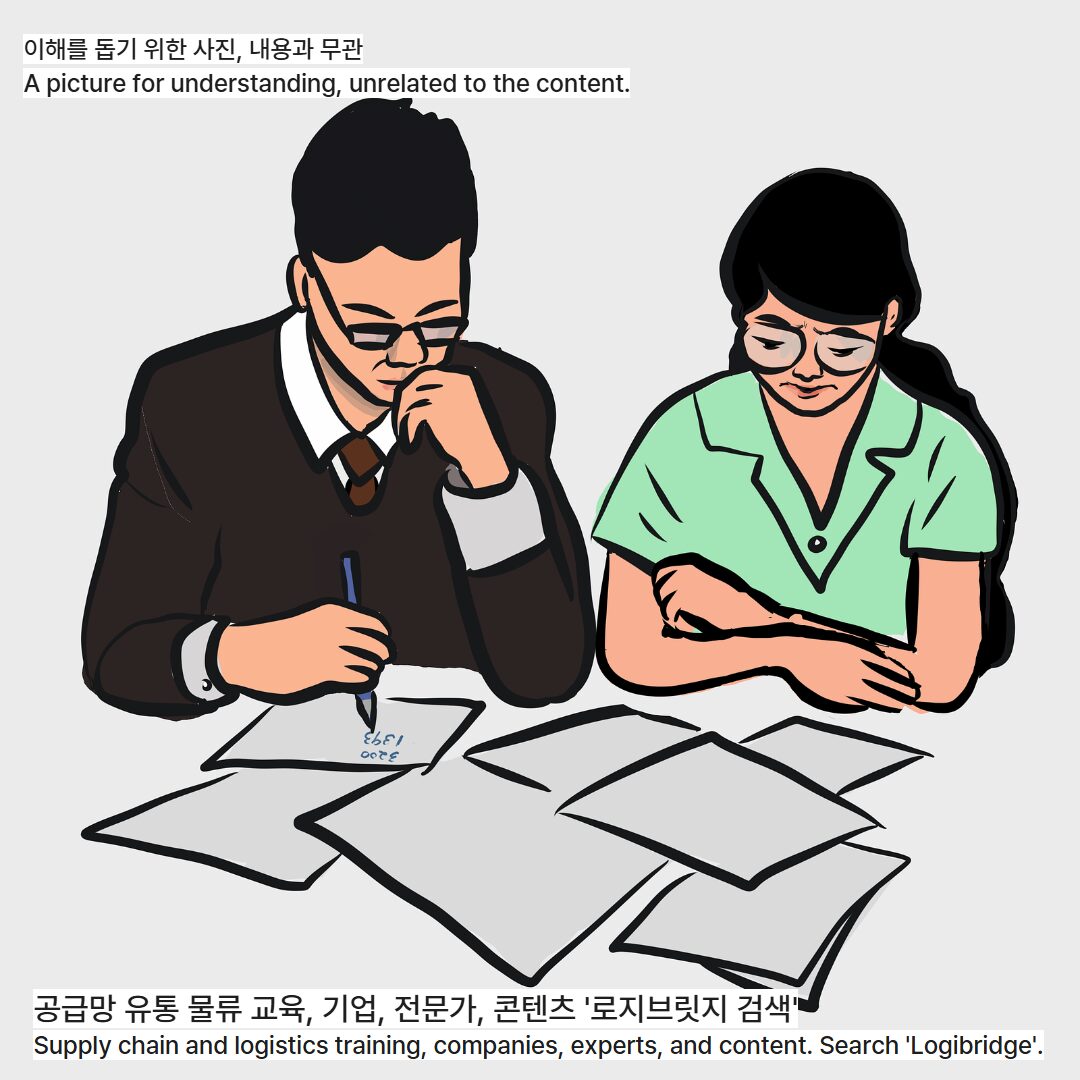Following the TiMon-WeMakePrice settlement issue and Homeplus’s restructuring, Korea debates whether shortening settlement cycles will truly protect suppliers—or create new risks.

Is Shortening Settlement Cycles the Answer?
After the TiMon and WeMakePrice (TiMeP) settlement crisis and Homeplus’s court receivership, the government has pushed for shorter settlement cycles to protect suppliers. Yet, experts warn that a uniform mandate could trigger negative side effects.
On August 26, the Korean Association of Distribution Law and the Korean Distribution Association held a joint seminar at Sogang University, raising critical concerns (Source: Korean Association of Distribution Law).

Academic Concerns: SMEs and Consumer Risks
Professor Shim Jae-han (Yeungnam Univ.) warned that shorter cycles could reduce liquidity, leading retailers to cut purchases from SMEs and favor large corporations. He also highlighted risks to consumers: today’s 3-month refund/return period could be undermined if sellers receive payment in 10–20 days and disappear, leaving counterfeit or defective product claims unresolved.
Lessons from Industry Cases: Governance, Not Just Cycles
Professor Jang Myung-kyun (Hoseo Univ.) argued that the TiMeP and Homeplus crises were caused by poor financial management and governance failures, not settlement length. He stressed the need to assess corporate financial soundness first, cautioning against one-size-fits-all legislation.
Risk of a Second Homeplus Crisis
According to Financial News, lawyer Park Jong-ha (Bae, Kim & Lee LLC) stated that shortening cycles could worsen cash flow and trigger another Homeplus-like crisis. Conversely, News1 cited Professor Lee Ho-taek (Keimyung Univ.), who argued that differentiated implementation with policy support could strengthen the retail ecosystem.
Government and Consumer Perspectives
Edaily reported that Jung Ji-yeon (Korea Consumer Federation) criticized the debate for ignoring consumer protections, while Kim Tae-kyun (Korea Fair Trade Commission) defended shorter cycles as a supplier safeguard, promising further review and feedback collection.

The Core Issue
Ultimately, the solution lies not in rigidly shortening settlement periods, but in building a sustainable, trustworthy governance structure across Korea’s retail ecosystem. Balancing suppliers, consumers, and retailers is key.
#RetailSettlement #SettlementCycles #HomeplusCrisis #TiMePCrisis #KoreanDistributionLaw #DistributionAssociation #SupplierProtection #SMERisks #ConsumerRisks #RetailGovernance #FinancialManagement #RetailLiquidity #FairTradeCommission #ConsumerFederation #RetailPolicy #KoreanRetail #RetailIndustryTrends #SupplyChainFinance #DistributionLaw #RetailSustainability #RetailEcosystem #RetailFuture #RetailBalance #RetailInnovation #GovernanceIssues #CashFlowRisks #RetailLegislation #IndustryRisks #KoreanEconomy #ConsumerProtection
